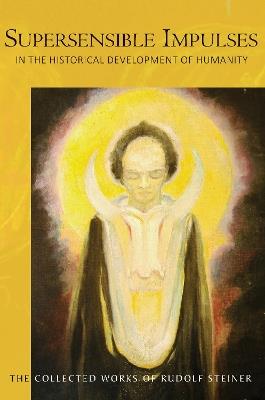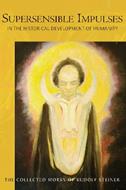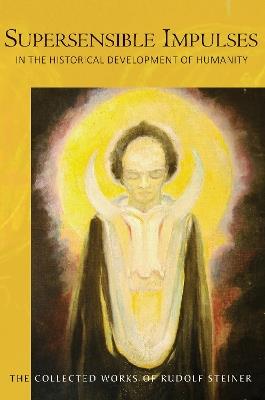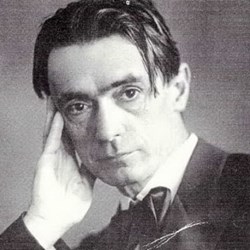Supersensible Impulses: in the Historical Development of Humanity
‘When you perform a ritual, it is an appeal to the spiritual powers of the universe, an appeal to the powers that are meant to connect with the earth precisely through what people do…’ – Rudolf Steiner With rituals or cultic forms as his central motif, Rudolf Steiner refers extensively to Indian, Persian and in particular Egyptian initiation rites, and how these enabled people of antiquity to connect with specific spiritual beings. He explains the practical purpose of mummification for the religious life of ancient Egypt, and of the use of ritual in certain secret societies or brotherhoods today as, in turn, a mummification of Egyptian rites. But he also points to the future, describing how truly-formulated rituals have a positive effect on human development. Whilst inhalation exercises were relevant to cultures of the past, the principle of ‘exhalation’ is important for future evolution. On the one hand, these extraordinary lectures relate to Rudolf Steiner’s ceremonial work in the Esoteric School of 1906-1914, but more significantly they were given in parallel to the founding of the Christian Community, for which Rudolf Steiner mediated its sacraments. Today, he states, Christ must be sought through a new access to the spiritual world, and any remaining traditional ritualistic forms should be permeated with the power of the Mystery of Golgotha. The lectures are accompanied with an introduction by Dale Brunsvold, editorial notes and an index.
-
Autore:
-
Traduttore:
-
Editore:
-
Collana:The Collected Works of Rudolf Steiner
-
Anno:2024
-
Rilegatura:Paperback / softback
Le schede prodotto sono aggiornate in conformità al Regolamento UE 988/2023. Laddove ci fossero taluni dati non disponibili per ragioni indipendenti da Feltrinelli, vi informiamo che stiamo compiendo ogni ragionevole sforzo per inserirli. Vi invitiamo a controllare periodicamente il sito www.lafeltrinelli.it per eventuali novità e aggiornamenti.
Per le vendite di prodotti da terze parti, ciascun venditore si assume la piena e diretta responsabilità per la commercializzazione del prodotto e per la sua conformità al Regolamento UE 988/2023, nonché alle normative nazionali ed europee vigenti.
Per informazioni sulla sicurezza dei prodotti, contattare productsafety@feltrinelli.it




